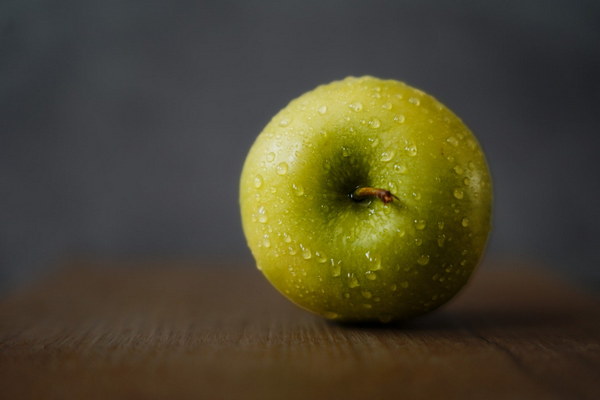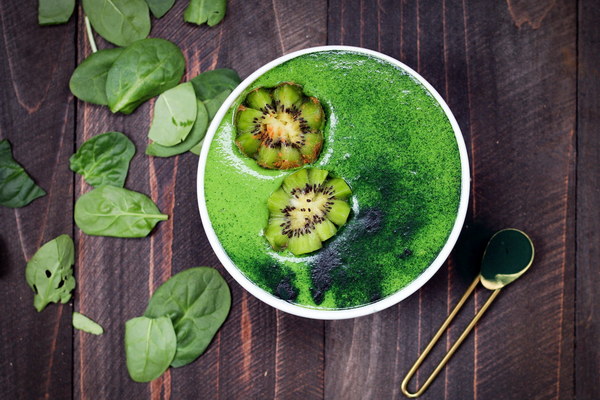Summer Health Hazards Navigating the Perils of Hot Weather and Protecting Your Well-being
As the scorching sun beats down upon us, the summer season brings with it a myriad of health hazards that can take a toll on our well-being. It's essential to be aware of these risks and take the necessary precautions to ensure a safe and healthy summer. In this article, we will delve into the common summer health crises and provide practical tips to help you navigate through the hot weather safely.
1. Heatstroke and Heat exhaustion
One of the most critical summer health crises is heatstroke, a potentially life-threatening condition caused by the body's inability to regulate its temperature. Symptoms include high body temperature, rapid heartbeat, confusion, and dizziness. To avoid this dangerous situation, it's crucial to stay hydrated, seek shade or air conditioning, and wear light, breathable clothing.
2. Dehydration
Summer is the season when dehydration becomes a common problem. As temperatures rise, our bodies lose water more quickly, leading to a higher risk of dehydration. Symptoms include thirst, dry mouth, fatigue, and dark urine. To stay hydrated, drink plenty of fluids, especially water, and avoid alcohol and caffeine, which can dehydrate you further.
3. Sunburn
Sunburn is another summer health hazard that can lead to long-term skin damage and increase the risk of skin cancer. To protect your skin, apply a broad-spectrum sunscreen with an SPF of at least 30, reapply it every two hours, and seek shade during peak sun hours (10 a.m. to 4 p.m.).
4. Foodborne illness
Summer is the peak season for foodborne illness, as warmer temperatures create an ideal environment for bacteria to grow. To prevent foodborne illness, follow these tips:
- Wash your hands frequently, especially before handling food.
- Keep raw and cooked foods separate.

- Cook meats and seafood thoroughly.
- Store perishable foods in the refrigerator or a cooler with ice.
5. Insect bites and stings
Insect bites and stings can cause discomfort, itching, and swelling. Some people may experience severe allergic reactions. To protect yourself:
- Wear long-sleeved shirts and pants when outdoors.
- Apply insect repellent containing DEET or picaridin.
- Avoid areas with high insect activity, such as tall grass or standing water.
6. Heat-related illnesses
Apart from heatstroke, other heat-related illnesses include heat exhaustion, heat cramps, and heat rash. To avoid these conditions:
- Take frequent breaks in the shade or air conditioning.
- Wear appropriate clothing, such as lightweight, loose-fitting, and breathable fabrics.
- Avoid heavy exercise during the hottest part of the day.
In conclusion, the summer season presents several health hazards that can compromise our well-being. By being aware of these risks and taking the necessary precautions, we can enjoy a safe and healthy summer. Stay hydrated, protect your skin, and practice food safety to ensure a season of fun and relaxation without any health mishaps.









